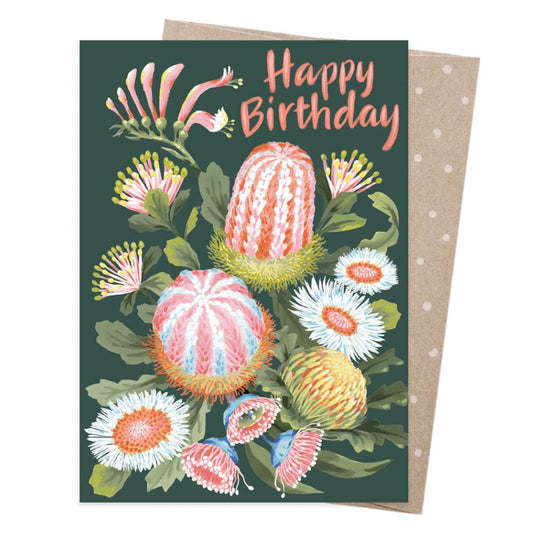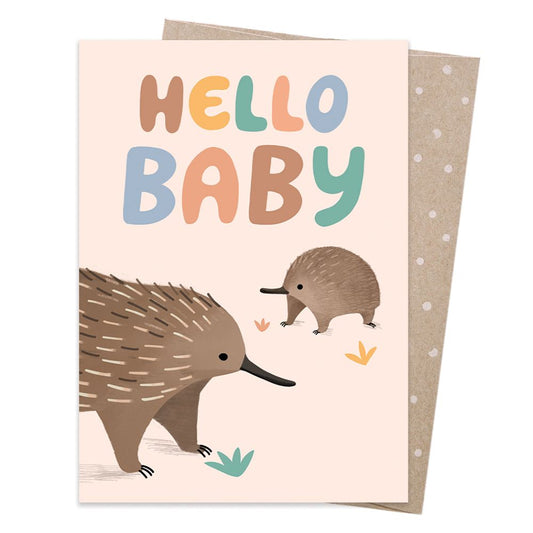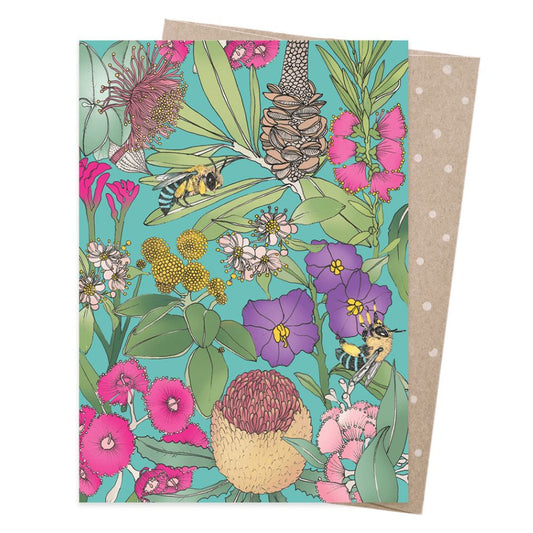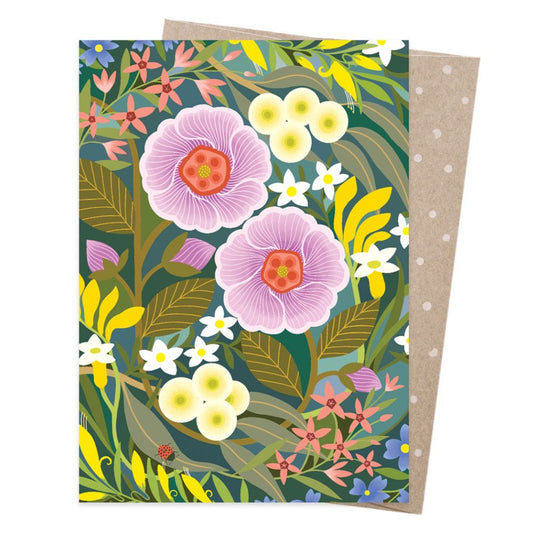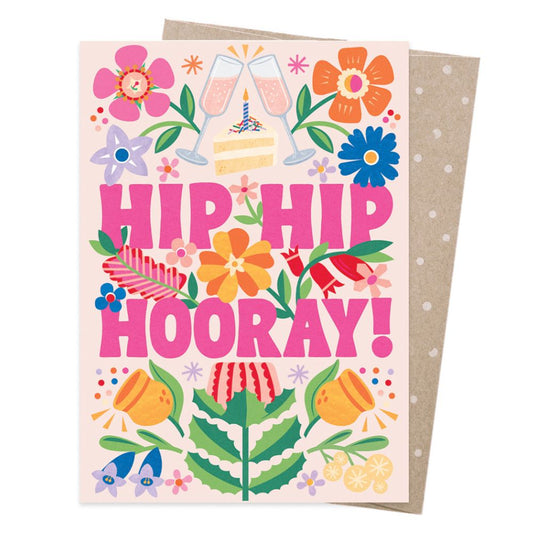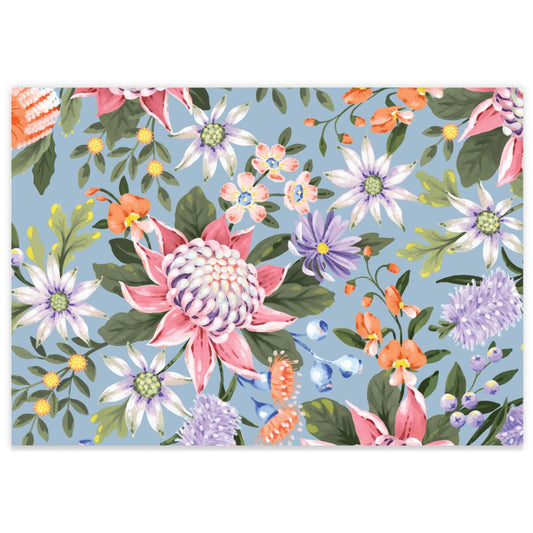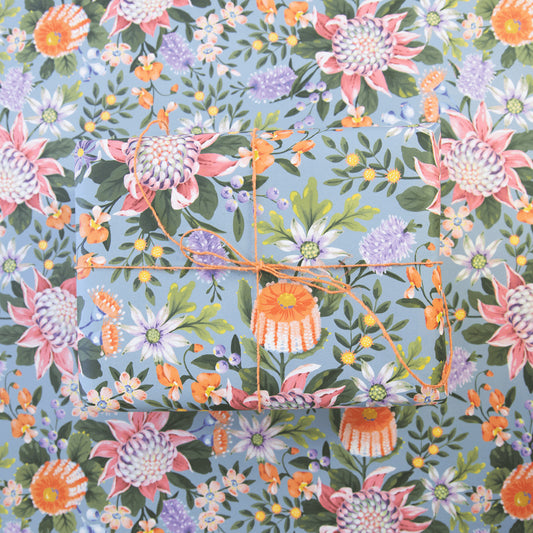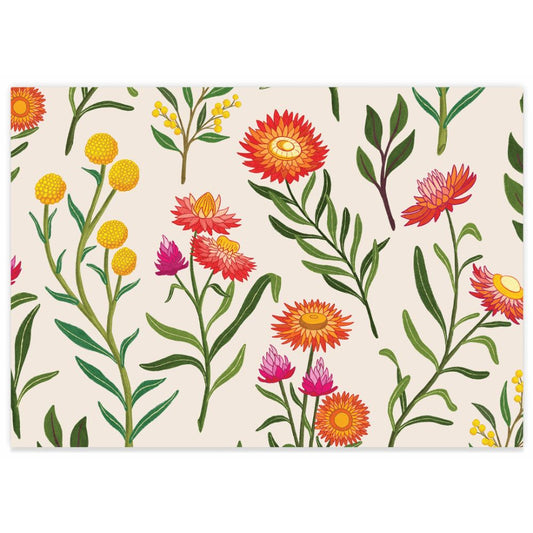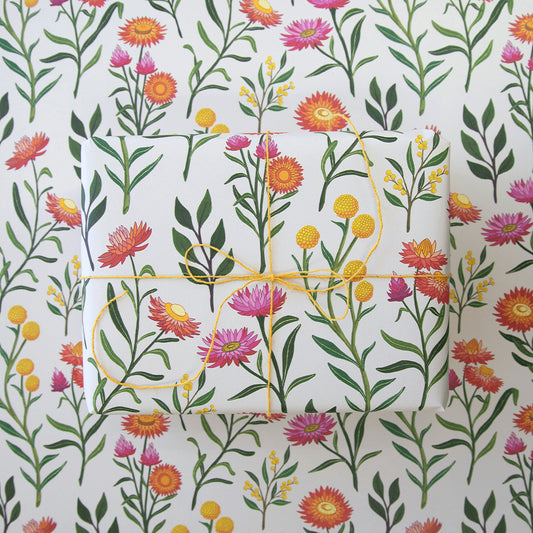
For every pet owner, pet minder and dog walker, disposing of pet waste is a daily task. Picking up pet waste is the socially respectful thing to do; it helps to keep our parks, streets, and backyards clean and safe for everyone. However, where the waste goes
after it's been picked up and bagged is just as important. Disposing of it with general waste isn't the most earth-friendly option. Luckily, there's a composting system specifically designed for pet waste. Here we outline why you should
compost pet waste, why it is the safest and most eco-friendly option, and how you can do it with EnsoPet.
[pswp_products ids="12853"]
Why Compost Pet Waste?
Most people get rid of pet waste by simply throwing it in the bin or, in some cases, flushing it down the toilet. However, these methods can result in damage to the environment, human health, and the function of sewers.
Why Binning Pet Waste Isn't Ideal
Though many choose to bin it, sending pet waste to landfills can be harmful to the environment. In improper conditions, it can take pet waste at least 3 months to decompose. In the meantime, it can pose a serious risk to the environment and other wild animals.
Why Flushing Pet Waste Isn't Ideal
If landfills aren't an option, can you flush dog poop down the toilet? While it may seem like an easy solution, flushing pet waste down the toilet isn't recommended. Councils frown upon flushing pet waste down the toilet. Pet waste does not decompose in the same way that human waste does, so flushing pet waste creates complications for sewerage systems. This method also makes disposing of pet waste a two-step process. If you have a dog, you'll still need to pick up their waste in a bag when you go for walks, even if you're going to flush it at home later. You'll then be left with a bag that needs to be composted, as it cannot be tossed into landfills or flushed along with the waste. Similarly, when it comes to cats, no litter is truly ‘flushable'. Any litter that is accidentally thrown into the toilet will wreak havoc down the line. So, even if you flush all the cat waste, you still need to deal with the litter, and either binning or burying it isn't an environmentally friendly solution. [pswp_products ids="351,25000"]
Composting Is The Best Method
Overall, the best way to get rid of pet waste is through composting. Not only does this generate great (and free) compost to use in your garden, but it's the easiest and most convenient method for ridding yourself of pet waste — you can compost dog poop, cat poop, waste bags, and some forms of kitty litter all at the same time. It's a win-win; composting is the ultimate environmentally friendly alternative that demands minimal effort.
Can You Compost Pet Waste Normally?
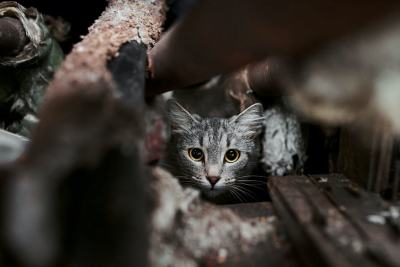
Can you just throw animal waste into the garden as is, or heap it into your normal compost? The short answer: no. Dog waste contains bacteria and pathogens that are harmful to humans. Cat waste is also pathogen-prone, especially if your cat spends time outdoors. Cats that are allowed outdoors often eat birds and rodents, which puts them at risk of being infected by
Toxoplasma gondii. This parasite presents in their waste and can then infect humans. This toxin poses significant risks for infants, pregnant women, and those with weakened immune systems. Minimise your risk of infection by taking extra precautions when handling and disposing of all animal waste. Ensure that you wear gloves, wash your hands thoroughly, and wash the crops or plants after cleaning up the waste. You cannot put pet waste in your regular compost bin or straight into the garden, because these pathogens and bacteria may be present. Instead, you'll need to use a dedicated system for composting cat poop and dog poop. The
EnsoPet Compost System is a system designed to safely and sustainably break down pet waste.
How Do You Compost Pet Waste?
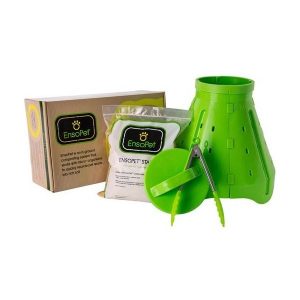
We love the
EnsoPet Composting System, as it makes composting pet waste easy and safe. It is designed to be installed into the ground in your garden. The EnsoPet system contains certain microorganisms that will continuously break down waste, eliminate odours, and kill any pathogens present. It will also safely break down the compostable waste bags and cat litter that contain the bacteria and pathogens too. Simply collect the pet waste, pop it into the composter, and sprinkle EnsoPet starter grains on top!
Can You Put Cat Litter In The Compost?
Wondering if cat litter is compostable? Kitty litter that is plant-based and biodegradable can be composted. So, any litter made from recycled newspaper, plant pulp, wheat, wood, and grass can be used in the EnsoPet Composting System. Crystal and clay cat litter is not compostable, so avoid these products if you can. Even if you've decided not to install a pet composting system, we still highly recommend a plant-based litter, as other forms of litter can be harmful. Some crystallised cat litters are formed from silica gel, the same gel that forms the ‘Do Not Eat' sachets in dry goods. Many cat litters also include silica dust. Both of these chemicals can be accidentally ingested by your cat when it cleans itself, which can be dangerous for your cat's health. If your kitty litter is situated in a poorly ventilated room, you and your family are also at risk of inhaling the dust. So, play it safe and opt for natural kitty litter that's safe for the whole family
and Mother Nature.
Some Guidelines for Composting Pet Waste
Don't compost near or put pet compost on, any food-producing trees and crops. Putting the compost on ornamental trees, however, is safe. Keep anything that you use to compost or handle waste (like bags, scoopers, gloves, or aprons) separate from everything else to prevent cross-contamination.
Where to buy the EnsoPet Compost System in Australia
To get rid of your pet's waste safely and sustainably, composting is the best way to go. Not only will you be able to nourish your garden with the resulting compost, but you're choosing a method that is better for the health of your pet, your family, and the environment.
Buy our Ensopet Compost Kit here >
 For every pet owner, pet minder and dog walker, disposing of pet waste is a daily task. Picking up pet waste is the socially respectful thing to do; it helps to keep our parks, streets, and backyards clean and safe for everyone. However, where the waste goes after it's been picked up and bagged is just as important. Disposing of it with general waste isn't the most earth-friendly option. Luckily, there's a composting system specifically designed for pet waste. Here we outline why you should compost pet waste, why it is the safest and most eco-friendly option, and how you can do it with EnsoPet.
For every pet owner, pet minder and dog walker, disposing of pet waste is a daily task. Picking up pet waste is the socially respectful thing to do; it helps to keep our parks, streets, and backyards clean and safe for everyone. However, where the waste goes after it's been picked up and bagged is just as important. Disposing of it with general waste isn't the most earth-friendly option. Luckily, there's a composting system specifically designed for pet waste. Here we outline why you should compost pet waste, why it is the safest and most eco-friendly option, and how you can do it with EnsoPet. Can you just throw animal waste into the garden as is, or heap it into your normal compost? The short answer: no. Dog waste contains bacteria and pathogens that are harmful to humans. Cat waste is also pathogen-prone, especially if your cat spends time outdoors. Cats that are allowed outdoors often eat birds and rodents, which puts them at risk of being infected by Toxoplasma gondii. This parasite presents in their waste and can then infect humans. This toxin poses significant risks for infants, pregnant women, and those with weakened immune systems. Minimise your risk of infection by taking extra precautions when handling and disposing of all animal waste. Ensure that you wear gloves, wash your hands thoroughly, and wash the crops or plants after cleaning up the waste. You cannot put pet waste in your regular compost bin or straight into the garden, because these pathogens and bacteria may be present. Instead, you'll need to use a dedicated system for composting cat poop and dog poop. The EnsoPet Compost System is a system designed to safely and sustainably break down pet waste.
Can you just throw animal waste into the garden as is, or heap it into your normal compost? The short answer: no. Dog waste contains bacteria and pathogens that are harmful to humans. Cat waste is also pathogen-prone, especially if your cat spends time outdoors. Cats that are allowed outdoors often eat birds and rodents, which puts them at risk of being infected by Toxoplasma gondii. This parasite presents in their waste and can then infect humans. This toxin poses significant risks for infants, pregnant women, and those with weakened immune systems. Minimise your risk of infection by taking extra precautions when handling and disposing of all animal waste. Ensure that you wear gloves, wash your hands thoroughly, and wash the crops or plants after cleaning up the waste. You cannot put pet waste in your regular compost bin or straight into the garden, because these pathogens and bacteria may be present. Instead, you'll need to use a dedicated system for composting cat poop and dog poop. The EnsoPet Compost System is a system designed to safely and sustainably break down pet waste. We love the EnsoPet Composting System, as it makes composting pet waste easy and safe. It is designed to be installed into the ground in your garden. The EnsoPet system contains certain microorganisms that will continuously break down waste, eliminate odours, and kill any pathogens present. It will also safely break down the compostable waste bags and cat litter that contain the bacteria and pathogens too. Simply collect the pet waste, pop it into the composter, and sprinkle EnsoPet starter grains on top!
We love the EnsoPet Composting System, as it makes composting pet waste easy and safe. It is designed to be installed into the ground in your garden. The EnsoPet system contains certain microorganisms that will continuously break down waste, eliminate odours, and kill any pathogens present. It will also safely break down the compostable waste bags and cat litter that contain the bacteria and pathogens too. Simply collect the pet waste, pop it into the composter, and sprinkle EnsoPet starter grains on top!



